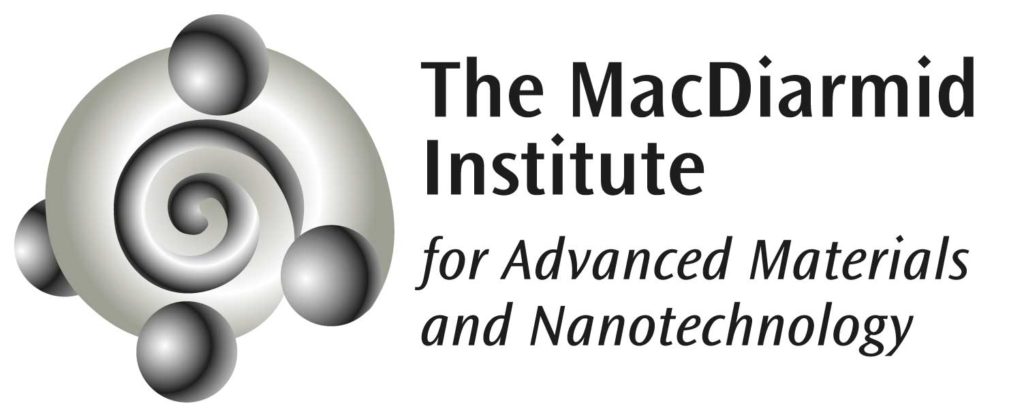The Avci research group believes that tiny smart systems will revolutionise work at the microscale, opening new avenues for research. Specifically, using microrobotics to solve biomedical challenges allows for improved consistency and speed when working at small scales, and frees researchers from laborious manual tests under a microscope. The many factors that come into designing microrobotics systems mean that an interdisciplinary environment is crucial. This is recognised by the Avci group, where our researchers have backgrounds in engineering, robotics, material science, micro-manufacturing, microbiology and veterinary science. The different backgrounds of our researchers have allowed us to work in three main research areas: nanoscale optical robots for analysis of molecules; microrobots for cell manipulation and analysis and millimetre-scale robots for gut analysis. The Avci group is using a variety of actuation, control and manufacturing methods in these research areas in order to effectively seize the opportunities available outside of the macroscale.
Research Topic 1 – Nanorobots for the Analysis of Molecules: We are using two-photon absorption polymerisation to develop microscale mechanisms that can be controlled using optical tweezers to enable nanoscale manipulation. The project specifically focusses on the investigation of mechanical properties of single molecules. These studies can be used to validate statistical physics models and lead to better understanding of molecule structure and processes.
Research Topic 2 – Microrobots for Cell Manipulation and Analysis: We are developing techniques to interact with microscale biological objects, with one of our aims being the separation of a single parasite oocyte from its culture for detailed analysis. Different micromanipulation methods are being used to achieve this, with a piezo-actuated compliant microgripper and a stepper-motor actuated two-fingered micromanipulator both developed for the task.
Research Topic 3 – Millimeter-Scale Robots for Gut Analysis: The relationship between the gastrointestinal microbiome and health conditions has been a topic of much research interest over the past few years. We are developing pill-sized capsule robots which will enable researchers to analyse the human gut microbiome non-invasively through in vivo sampling. The capsule robots will traverse the GI tract, collecting samples as it does so. The samples can then be analysed with minimum disturbance to the subject.
RESEARCH COLLABORATORS
- Kourosh Kalantar Zadeh, School of Chemical and Biomolecular Engineering, University of Sydney, Australia
- Urs Staufer, Precision and Microsystems Engineering, TU Delft, the Netherlands
- David Hayman, Molecular Epidemiology and Public Health Laboratory (mEpiLab), Massey University, NZ
- David Thomas, Centre for Feline Nutrition, Massey University, NZ
- Samuel Rosset, Auckland Bioengineering Institute, NZ
- Jack Chen, Chemistry, Auckland University of Technology, NZ
- Kunihisa Sugimoto, iCeMS, Kyoto University, Japan
- Catherine Whitby, Head of the Surface Chemistry Lab, Massey University, NZ
- Volker Nock, Director of Nanofabrication Lab, University of Canterbury, NZ
FUNDING





